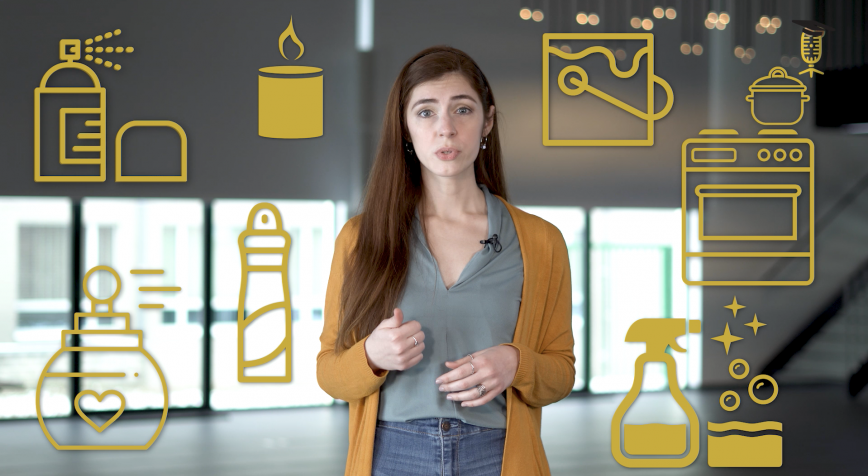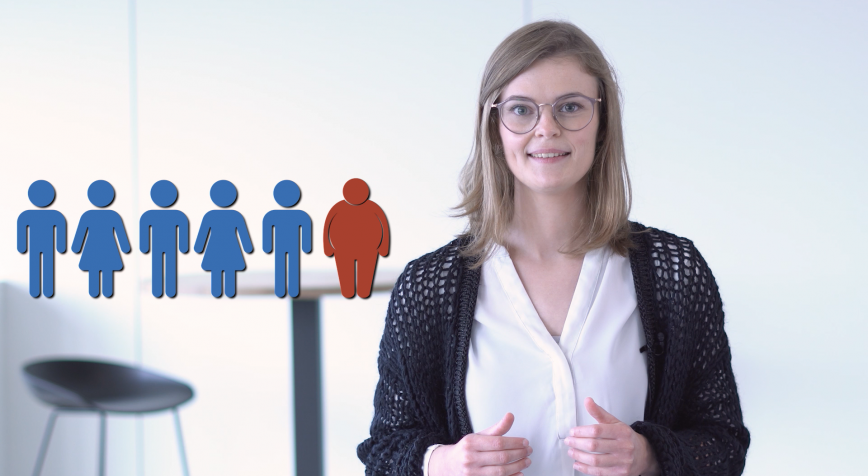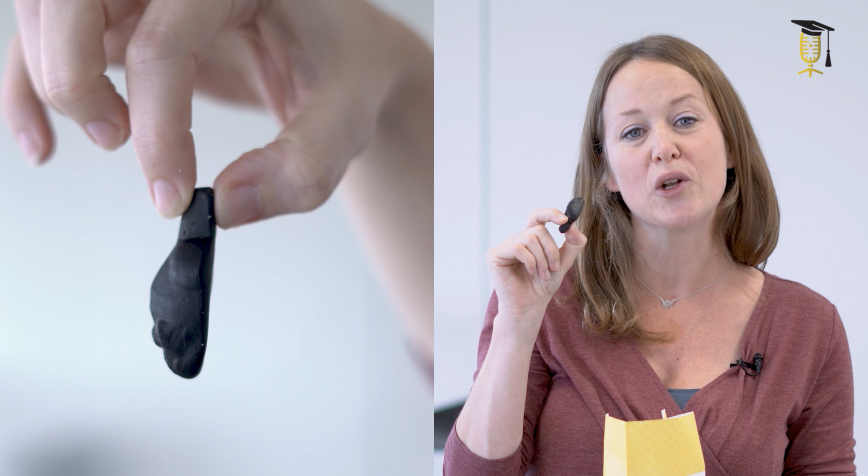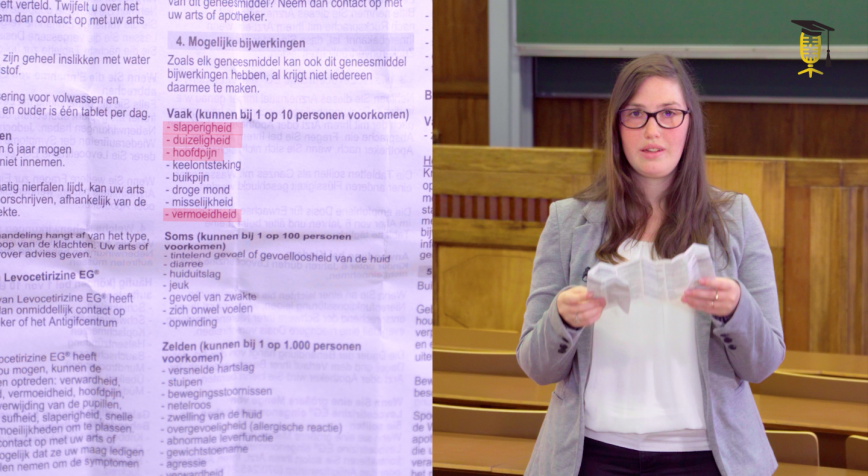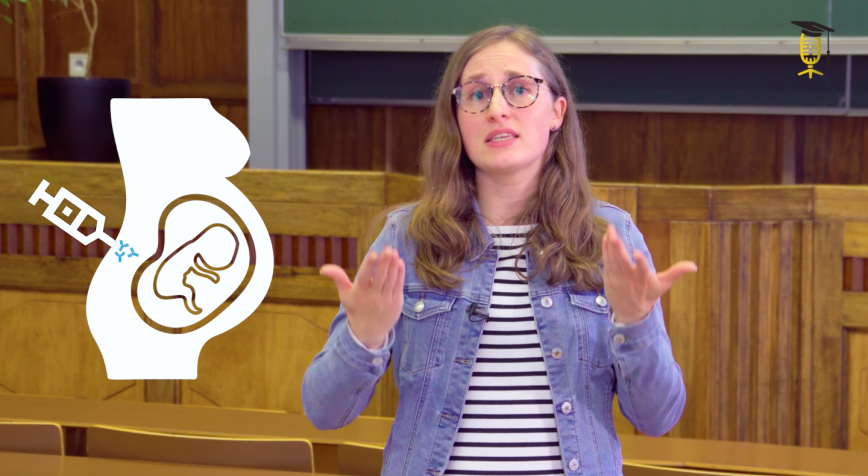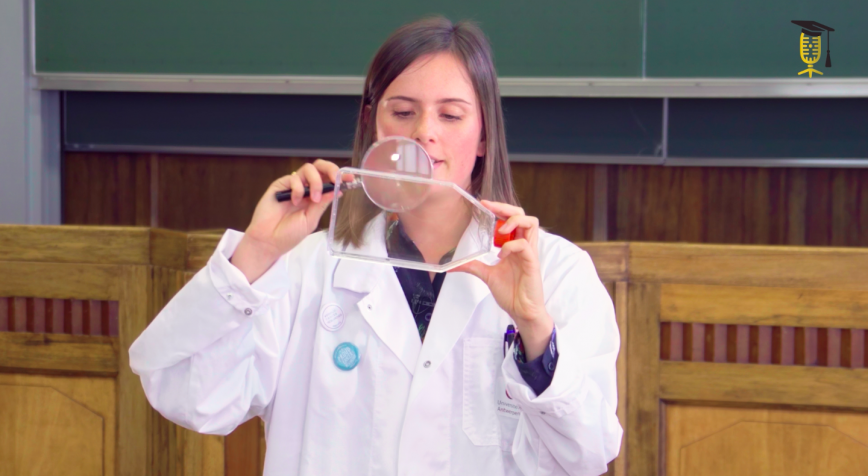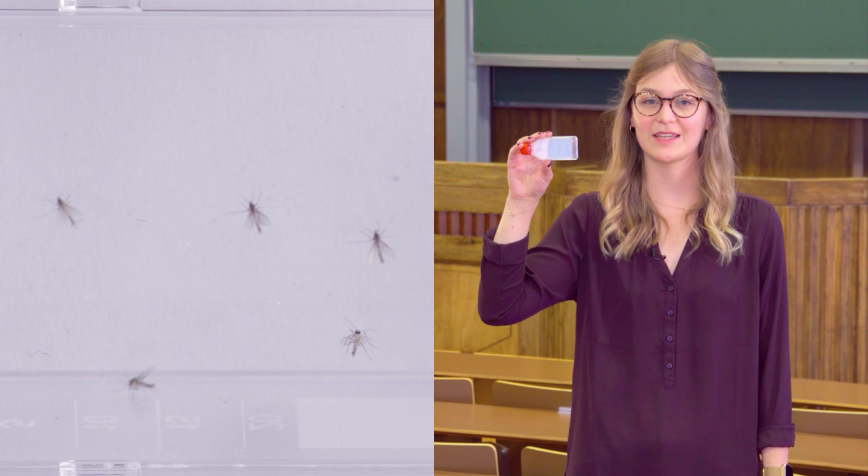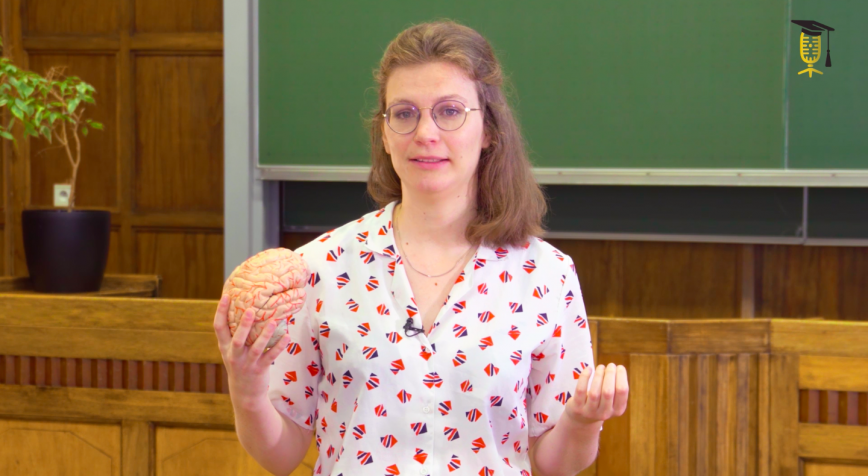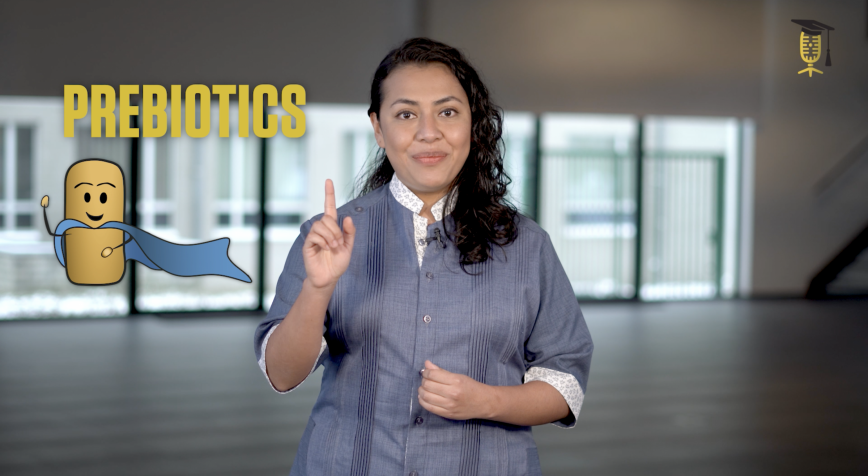
VITO
Feeding your superhero bacteria with prebiotics
Your gut is filled with 'superhero' bacteria that help you maintain your body in a healthy way. These superheroes rely on prebiotics; compounds that help them grow. Karina Rios Rios (VITO) is looking for such prebiotics in unsuspected resources... Find out how she wants to help you feed your superhero bacteria.

